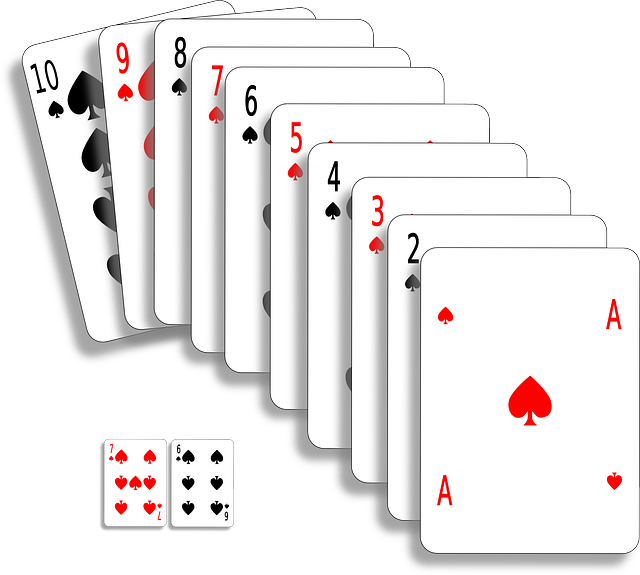From covert operations in small villages to become glitzy entertainment venues with millions of people annually, casinos have been integral in American history.
The American Evolution of Casinos
1. Early Days
Casino history in the United States starts in the 19th century, when gaming rooms started to show up in Western frontier communities all around. Offering popular games like poker and faro, these venues suited miners and colonists looking for amusement and wealth. In these societies, gambling evolved into a vivid component of daily life that helped to define the cultural fabric of the time.
2. The Emerging Las Vegas
Las Vegas first emerged as the country’s gaming hub in the middle of the 20th century First mostly controlled by organized crime, the city developed a reputation as a refuge for high-stakes gaming. But when innovators like Howard Hughes entered the scene and turned Las Vegas into a sophisticated entertainment venue, the business saw a major makeover. World-class restaurants, opulent hotels, and lavish displays became icons of the city, drawing guests from all around and changing the casino experience.
3. Modern Era
With authorized casinos spread over several states around the nation, casino gaming has gone well beyond Nevada in the modern period. This growth has helped the sector to become more diversified, therefore encouraging innovation and competitiveness. Modern casinos always change to draw guests by adding cutting-edge technologies, designing themed experiences, and providing a broad spectrum of entertainment choices outside conventional gambling.
Ultimate consideration
From its modest origins in frontier communities to its development as a pillar of American entertainment and travel, the casino business has grown to be a major engine of economic development. Casino remain a shining emblem of determination, threat, and reward in American culture as it keeps adjusting to new trends and technologies.

